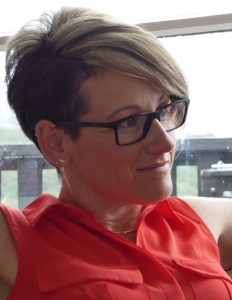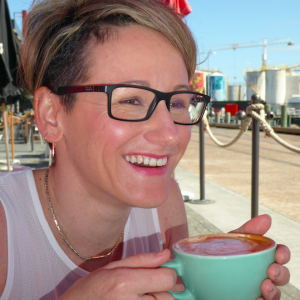 I’m a Professor in Anthropology at University of Bristol, based in the Department of Archaeology & Anthropology where I have been since 2012. Prior to Bristol I worked at the Max Planck Institute for Psycholinguistics in Nijmegen, the Netherlands, and at the AHRC Centre for the Evolution of Cultural Diversity at University College London. I am also Secretary of the Cultural Evolution Society.
I’m a Professor in Anthropology at University of Bristol, based in the Department of Archaeology & Anthropology where I have been since 2012. Prior to Bristol I worked at the Max Planck Institute for Psycholinguistics in Nijmegen, the Netherlands, and at the AHRC Centre for the Evolution of Cultural Diversity at University College London. I am also Secretary of the Cultural Evolution Society.
Research
Like most anthropologists, I want to understand cultural diversity. There are two parts to that inquiry: Why do humans–a single species–have so much variation in behaviour and culture? But: Why don’t human societies vary more? My work seeks to do cross-cultural research in new and innovative ways by combining methods, data, and theory from biology, psychology, anthropology, and linguistics. My core subfield is cultural phylogenetics: understanding cultural diversity using the same statistical tools that biologists use to investigate evolutionary and diversity processes in other species. I am particularly interested in kinship and language, and my primary region of interest is the Austronesian-speaking world. My published work has ranged widely: demonstrating the use of phylogenetic techniques to study Pacific and Dravidian prehistory and language dispersal; biocultural adaptation in the human sex ratio; cultural transmission of craft techniques; inferring past aspects of kinship and family structures; the evolution of semantic systems conceptualising colours and body parts; and modelling land tenure evolution.
While many of these interests are ongoing, my current projects focus on:
The cultural evolution of kinship diversity, from child acquisition to social norms (VariKin)
The roles of social learning biases in the transmission of narratives (Transmission)
Natural resource use: for subsistence (GELTS) and for medicine: (in the Pacific and Viking world)
Enabling cultural macroevolution through databases (D-PLACE, Numeralbank)
Interdisciplinarity is critical to understanding human cultural diversity, and so I like to use my ability to translate between fields to bring people and ideas together, and to puzzle away at cultural diversity using tools and approaches other than phylogenetics. The VariKin and Transmission projects are part of this branching out: projects here involve fieldwork and participant observation, elicitation experiments, transmission chains, interviews, corpus linguistics, and potential new synergies.
I am always interested in hearing from potential postdoctoral researchers, PhD students, or collaborators. Funded vacancies are listed on the People page. The University of Bristol provides good support for those wishing to apply for early-career fellowship funding such as Marie Curie or Leverhulme awards and I am happy to be contacted should you wish to apply to come and work in the group.
Contact me via email or I’m @fiona_jordan on Twitter
Biography

I undertook my PhD (2007) in biological anthropology at UCL, London. My undergraduate and honours degrees were at the University of Auckland, in biology, psychology, and anthropology. Outside of academia I’ve done all sorts: from working as a jewellery consultant in the gemstone trade, to indexing the television news, to photo-printing back in the days of one hour snapshots. I like food, art and architecture, plants, cycling, running, and hiking, fashion, and coffee (see Figure 2).